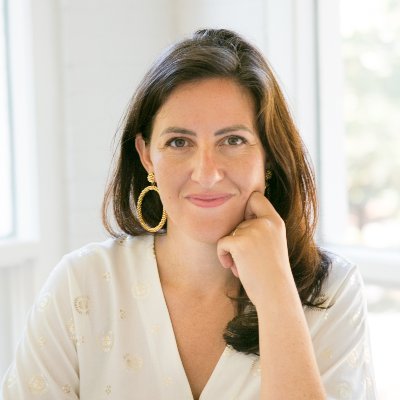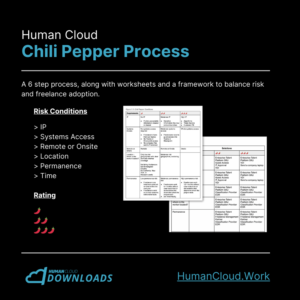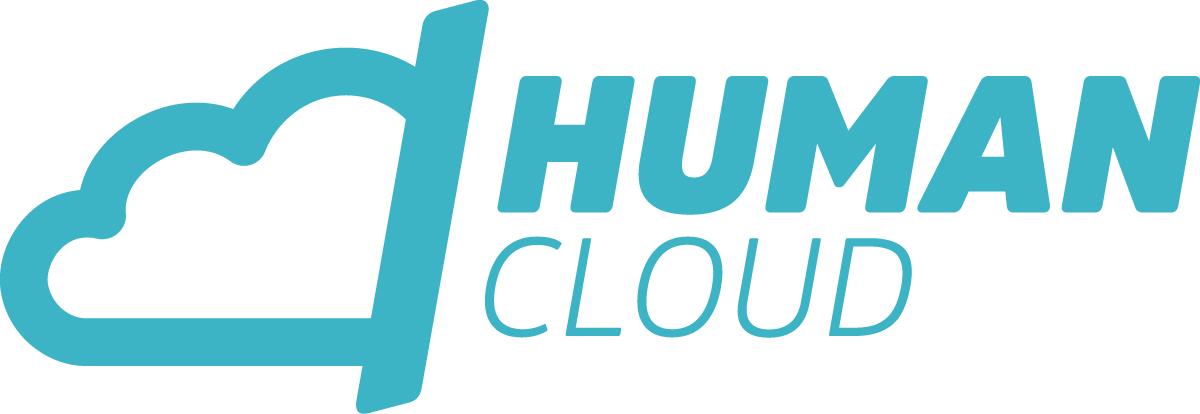Stephanie Nadi Olson, Founder of We Are Rosie
Welcome to our Leader Portal, where you can learn from tactical experts, not thought leaders. We place our stamp of approval on each leader so you can trust their insights are tactical insights, not sales pitches.
Enjoy!!! 👊
Leaders, Stephanie is a personal hero of ours for multiple reasons.
She bootstrapped We Are Rosie for 4 years
She didn’t have the silver spoon to Stanford to Sand Hill Road
She’s using the freelance economy to create a future that works for everyone
And she said my 2 new favorite quotes:
“the people that are out here chasing their dreams are not superheroes, they’re just people that do stuff in spite of being scared out of their minds”.
“connecting all of these folks to work that gives them both the career they desire and the life that they deserve”
In our interview, what blew me away was how practical she was. It wasn’t the typical, “I quit guns blazing, gave up everything, then never did anything but work” hustle porn.
Some of our favorite quotes from Stephanie:
About her entrepreneurial journey
So I was this big dreamer that also has this deep desire for financial stability and security and safety. And I think even some of that is epigenetic coming from my father kind of being snatched out of his home and put in a refugee camp.

- Safety and security is important to me, it’s probably a big part of the reason I’ve never left Atlanta, like I like predictability and all of that. So it had to be a slow boil. For me, I was never going to be that person that was like, forget everything. I’m building a startup. And so when I left AOL, I intentionally went and got a job at a startup, I went to work at flurry mobile and analytics, which was sold to Yahoo.
And I realized, like, man, they’re not that much different than me, right? So that was the beginning of me demystifying that, like the people that are out here chasing their dreams are not superheroes, they’re just people that do stuff in spite of being scared out of their minds.
About the definition of working class
My dad is 77, he still works full time at the mall in the suburbs of Atlanta, and has been a tailor paid hourly at the mall his entire life, right. So he’s been doing that work for almost seven years. And my mother, despite not having the opportunity to go to college, she worked for hardware, equipment, manufacturing companies, so like digital equipment that’s sold to HP back in the day, and worked in sales management there.
She did well, and she’s always been the breadwinner for our family. But not like, what I’ve been able to accomplish. And so they had three kids and worked really hard. And you know, it’s hard, right? And sending money to family and all of those things that come along with, you know, immigrating to the states from my dad’s side.
So, you know, it was a fantastic childhood and my parents worked so hard for us to have the opportunity we did and I’m so thankful for it. But I was also aware of the sacrifices that they were making.
Why the freelance economy?
I think like at the core, it’s this idea that we’ve all heard many times, like talent is evenly distributed, opportunity is not. And when I look at my own family, that’s so obvious, right, like three college educated children, and parents that didn’t have that opportunity. Like, my parents are brilliant, like they are incredible business people, they are incredibly savvy, they’re really hard workers. It didn’t matter how hard they worked, right? They were never going to get the opportunity that I had.
I think we see this a lot with with immigrants, right? They immigrate to the states, and they’re driving a taxi, but their children are in law school or becoming, you know, surgeons.
And so I’ve always been obsessed with this idea of like, how do we democratize access to opportunity and wealth? Because I’ve seen people who just never were in those rooms where any of those those things were handed out.
What is We Are Rosie?
And we are a flexible career platform for marketers.
We have 12,000 marketers on our platform. And they come together for project based work with many of the biggest brands in the world.
We work with 25, fortune 500 brands, we work with 20 ad agencies. We work with global consultancies, and our Rosie’s, which was what we call our freelancers on our platform, ranging from former CMO’s of global companies, all the way to self taught creatives and people that didn’t have the opportunity to go to college.
We’re connecting all of these folks to work that gives them both the career they desire and the life that they deserve. What we mean by that is, you can come to we are Rosie to get a 40 hour a week project, you can also come here and get a 20 hour a week project, and you can get a year long project that will allow you to take summers off with your family.
All of our work is done remotely. And it’s all project based.
It could be you know, our clients might come to us for one Rosy. And then we also have teams, which is a beautiful thing where we spin up kind of a micro agency or a micro consultancy for our clients. That is hand picked bespoke curated teams for a specific project.
And we just kicked off the coolest one, Matt, we have 10 Rosie’s running all special projects for the CEO of a Fortune five company for the next year. So anytime the CEO has a project that they need to get tackled internally or externally or they need to be educated on something. They have this kind of team of navy seals that has been provided by We Are Rosie that’s working full time at their disposal for a year.
Why the We Are Rosie Model?
Our goal is to provide all the fun parts of full time employment and get rid of all the stuff that people don’t like.
The fun parts are things like access to benefits. So when our Rosie’s are working for us, they have medical, dental and vision benefits. We’re even beta testing some new benefits with two of our enterprise clients, one of them will be offering things like tuition reimbursement and parental leave and PTO. And so we’re working on kind of continuing to raise the bar in terms of how freelance talent is treated, because with more and more of the workforce shifting into this capacity, it’s going to become incredibly competitive to access this talent.
And the people that are creating an environment where people can truly thrive and be treated with dignity and respect, are going to win in the long term. You’re going to have a more innovative agile organization. You’re going to have more diversity.
The not so sexy…COMPLIANCE
My opinion is if you’re not W-2’ing your freelance talent, you’re more than likely out of compliance, right? If you’re telling them what to do, if you’re telling them when to do it, if you’re providing them an email address, if you’re giving them a laptop, if you’re giving them system access, all of these things will have the IRS all over your back if you’re not if you’re not W-2’ing the talent. And so we take that burden off of our of our clients, because they know that we’re obsessively compliant.
And there’s, you know, even on a state level, I mean, it’s insanity. Like we have a whole team working on this because compliance in California looks very different than compliance in Georgia. And so, you know, being that turnkey access point that our clients can really trust is gonna keep everybody’s hands clean, is critical in the space where we operate with these big global brands.
Some incredibly inspirational stories
So we had a Rosie join our community, she was a marketer, she was working full time in Texas. And she had to go into the office every day, and she had a small child and her husband was stationed on an army base on the other side of the country. And so they were living separate, her family could literally not be physically together, not because her job is impossible to do remote, but because the company would not allow her to work remote. So she joined our platform, we got her an annual contract working from anywhere, and she was literally able to move her child and herself to be reunited with her spouse.
TEARS. LITERAL TEARS WITH HOW EMPOWERING THAT IS.
We have a Rosie who’s transitioning genders and does not want to be in an office. While that’s happening, they want to be able to work from the privacy and dignity of their own space while they go through this very sensitive time. And so we are Rosies able to connect them with work, right. And these are the people that we want in the workforce, like these are the people that are going to make your organization more resilient and more thoughtful and more innovative. And so we’re able to create an environment where these folks can do the work that they’re so uniquely suited to do but also do it in a way that allows them to continue to like improve and work hard and work thoughtfully and not be stressed out about kind of the these, these big hurdles that we put in front of them in terms of just working.
Human Cloud Newsletter

Charlotte Gregson, Country Head UK at Malt
TRANSCRIPT Charlotte Gregson, Country Head UK at Malt LinkedIn Email Twitter Print Subscribe to Human

Christine Olivas, Founder & CEO of No Single Individual
TRANSCRIPT Christine Olivas, Founder & CEO of No Single Individual LinkedIn Email Twitter Print Subscribe

Chili Pepper Process
This download includes a 6 step process, along with worksheets and a framework to balance risk and freelance adoption. It breaks risk into 6 risk conditions, IP, Systems Access, Remote or Onsite, Location, Permanence, and Time.
